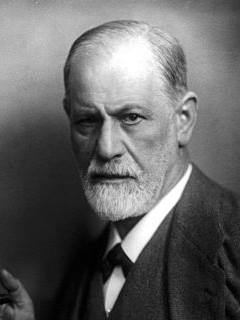
Publication details
Publisher: Springer
Place: Berlin
Year: 1995
Pages: 547-565
Series: Phaenomenologica
ISBN (Undefined): 9780792335672
Full citation:
, "Heidegger and Freud", in: From phenomenology to thought, errancy, and desire, Berlin, Springer, 1995


Heidegger and Freud
pp. 547-565
in: Babette Babich (ed), From phenomenology to thought, errancy, and desire, Berlin, Springer, 1995Abstract
The relation between Heidegger and psychology has long been a neglected theme. Outside narrowly professional circles — particularly the school of Daseinsanalyse inaugurated by Binswanger — the implications of Heidegger's thought for psychology and psychotherapy have tended to be deemphasized if not entirely discounted. One reason for the neglect has been the scarcity of relevant source materials in this field. During the last few years this situation has dramatically changed, mainly due to the publication of the so-called (Zollikon Seminars Zollikoner Seminare) in 19870.1
Cited authors
Publication details
Publisher: Springer
Place: Berlin
Year: 1995
Pages: 547-565
Series: Phaenomenologica
ISBN (Undefined): 9780792335672
Full citation:
, "Heidegger and Freud", in: From phenomenology to thought, errancy, and desire, Berlin, Springer, 1995


